Companies and Brands
8 Times Product Boycotts Worked, and 7 Times They Didn't
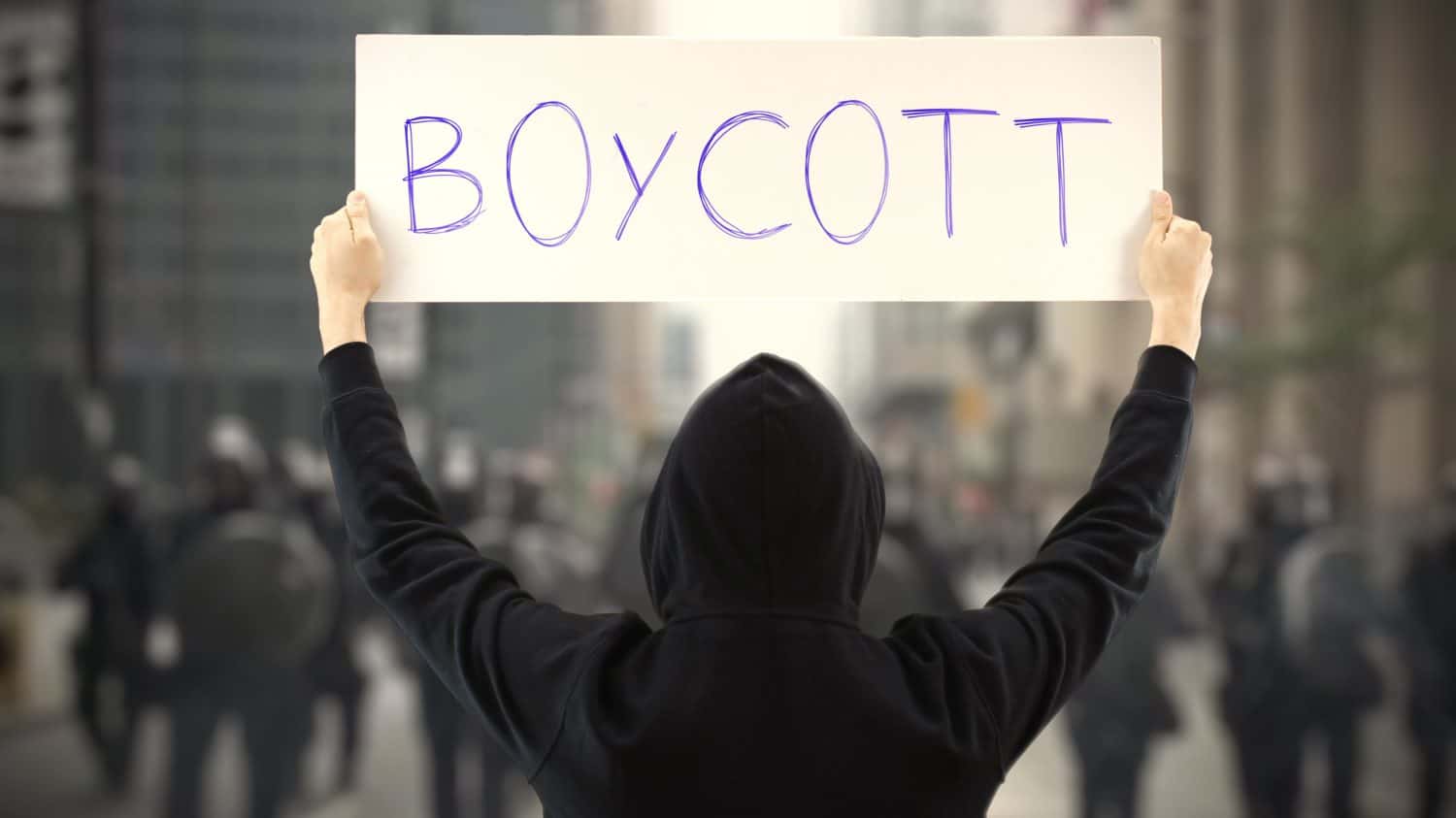
Published:

Over the last few hundred years, boycotts have become an instrument used for many reasons. Whether over human rights, poor product quality, political affiliation, or supporting ideological movements another group opposes, boycotts are more common than ever.
As ordinary people generally feel powerless to affect a company’s bottom line, organizing together to boycott can be a way to effect real change. While the reality is that many boycotts fizzle out before they get started, not all of them are ineffective and, in some cases, can force a company to shift direction.
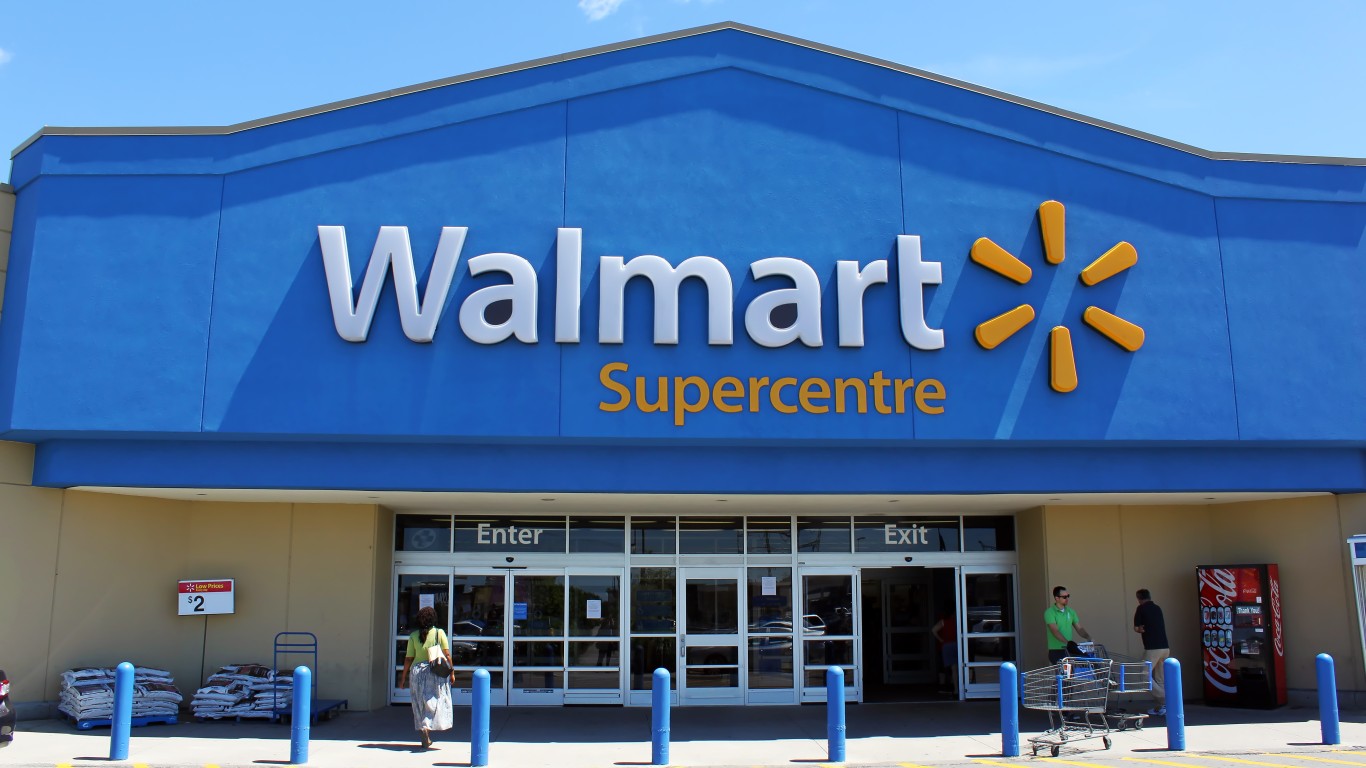
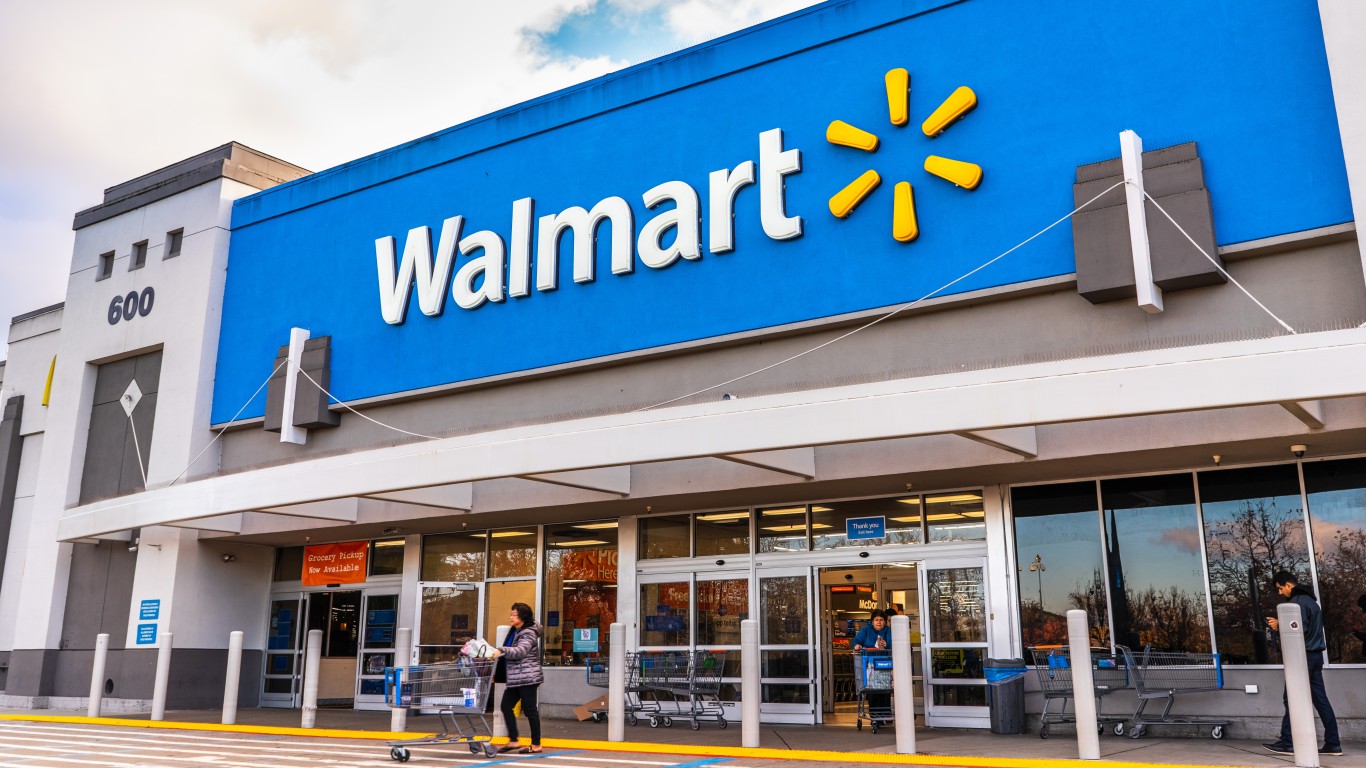
Walmart is no stranger to boycotts as one of the world’s largest retailers, but 2012 was different. When OUR Walmart (Organization United for Respect) and labor advocacy groups highlighted Walmart’s poor wages, the outcry was fast and loud.
However, Walmart did not see a drop in sales, even as the boycotts called for customers not to shop at Walmart during the 2012 holiday season. Ultimately, Walmart did respond in some capacity by raising wages and increasingly focusing on eliminating unfair or poor working conditions.
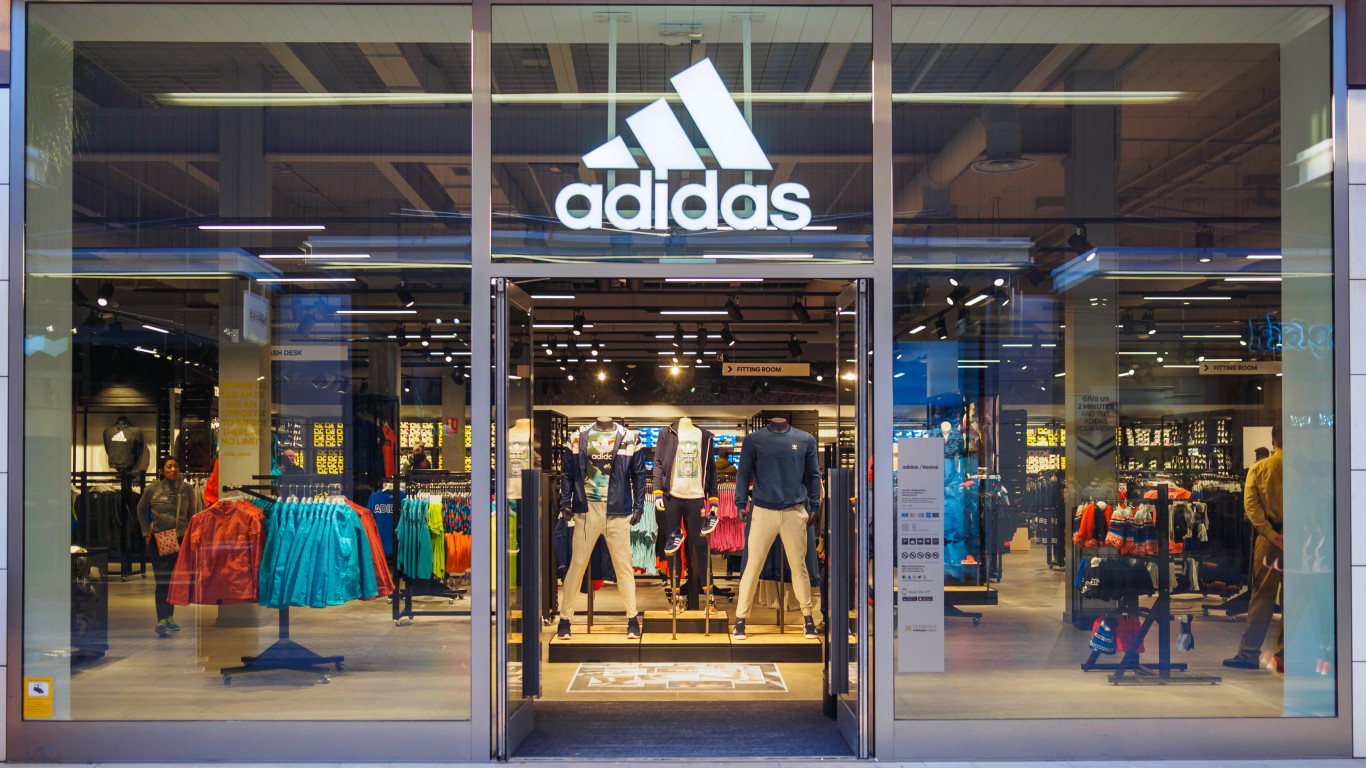
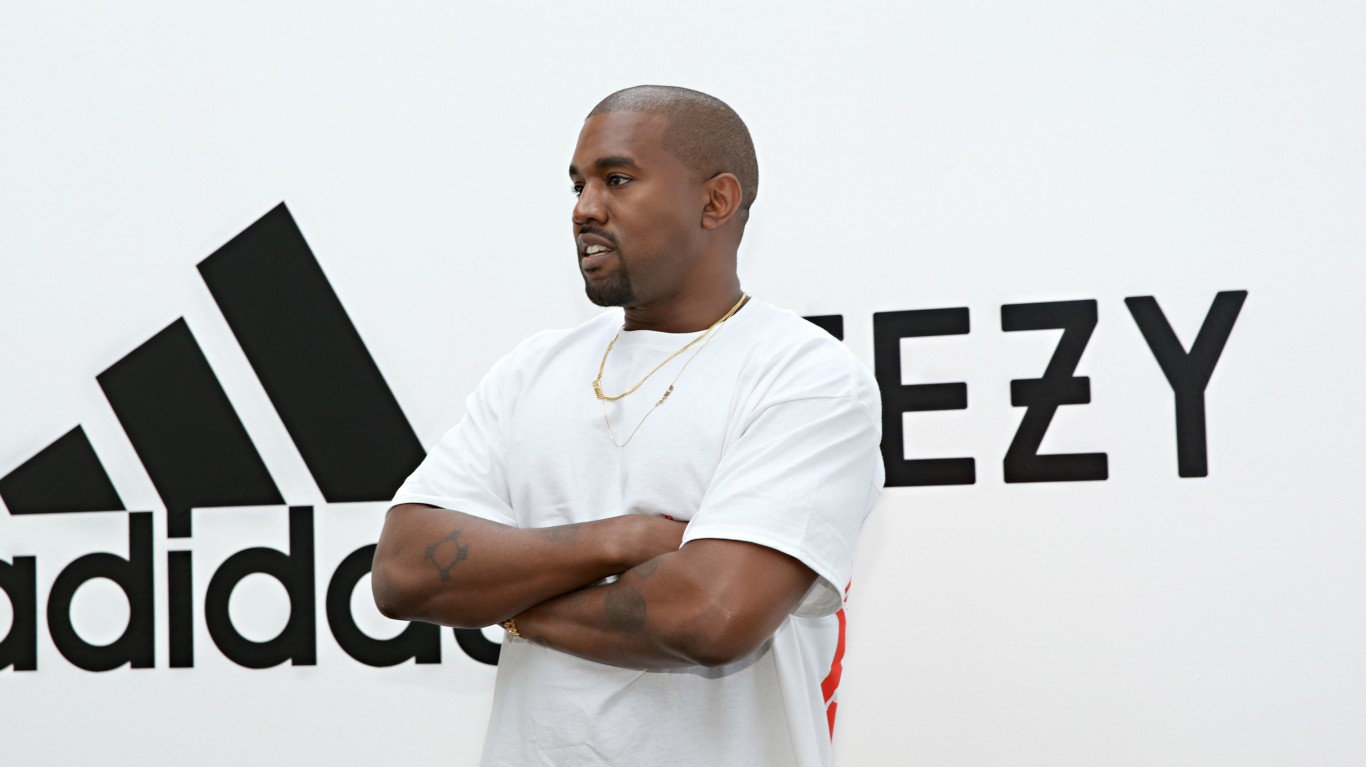
After rap star Kanye West received criticism for antisemitic remarks about Jewish people, a boycott grew, calling for Adidas to part with the rapper. Due to its partnership with Kanye, Adidas made hundreds of millions, if not billions.
However, the calls soon grew louder and louder after the company remained silent despite Jewish groups, social media users, and even celebrities calling out the brand. It eventually succumbed to the global backlash. As a result, Adidas lost an estimated $1.3 billion in unsold Yeezy shoe inventory.
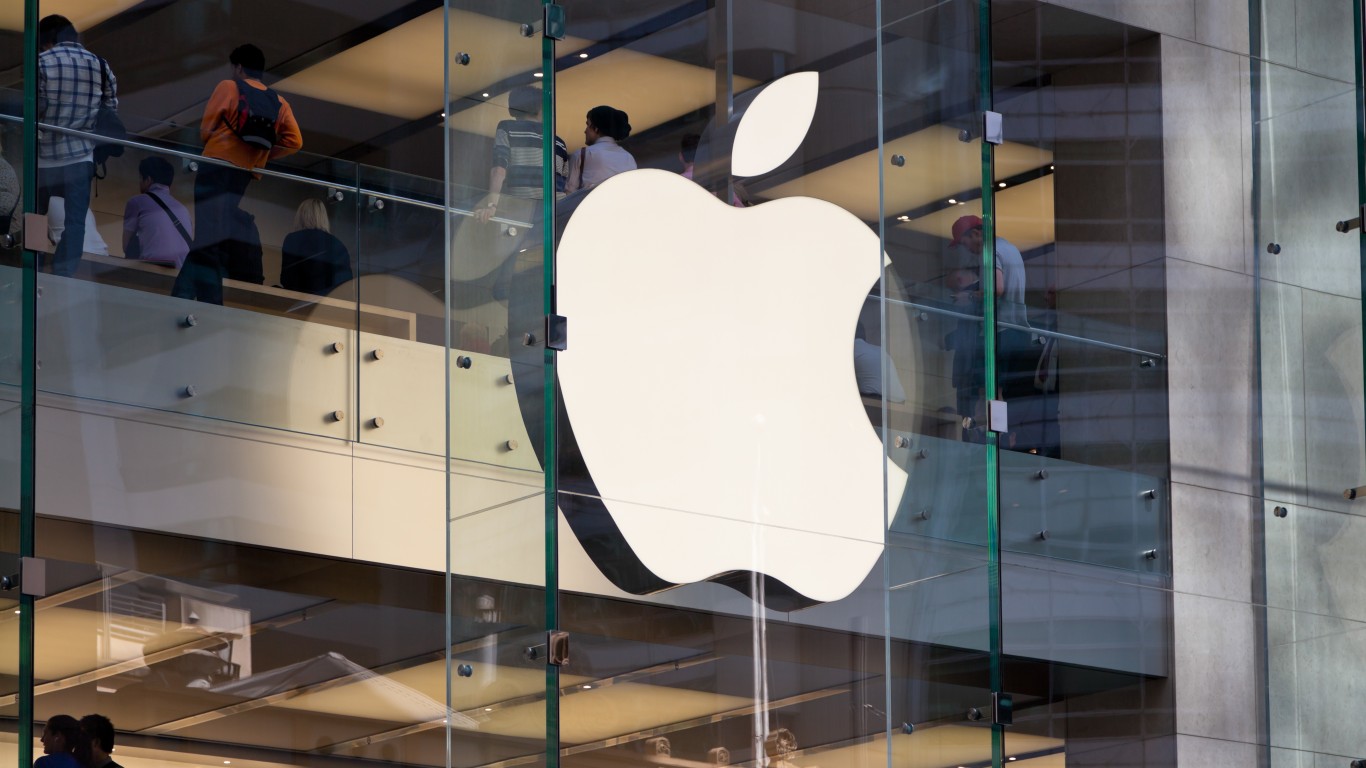
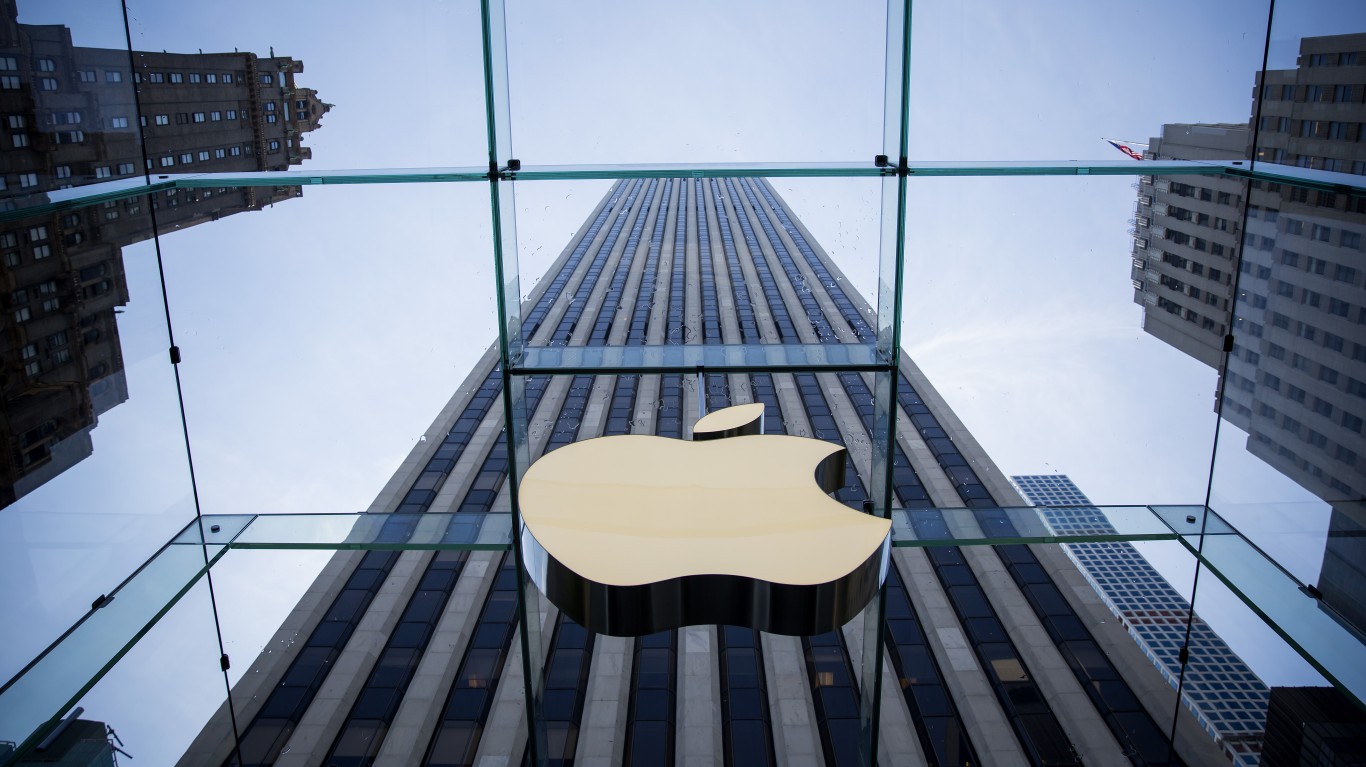
After the FBI asked Apple to unlock an iPhone during an investigation of the 2015 San Bernadino terrorist attack, Apple refused. Citing privacy concerns, Apple believed unlocking this iPhone would open the door to additional requests and violate customer trust.
In response, conservative groups and national security advocates called for a boycott of Apple’s stores and products. Unsurprisingly, the boycott wasn’t successful, and Apple saw no financial disruption. It only strengthened its privacy position, which improved overall brand loyalty.
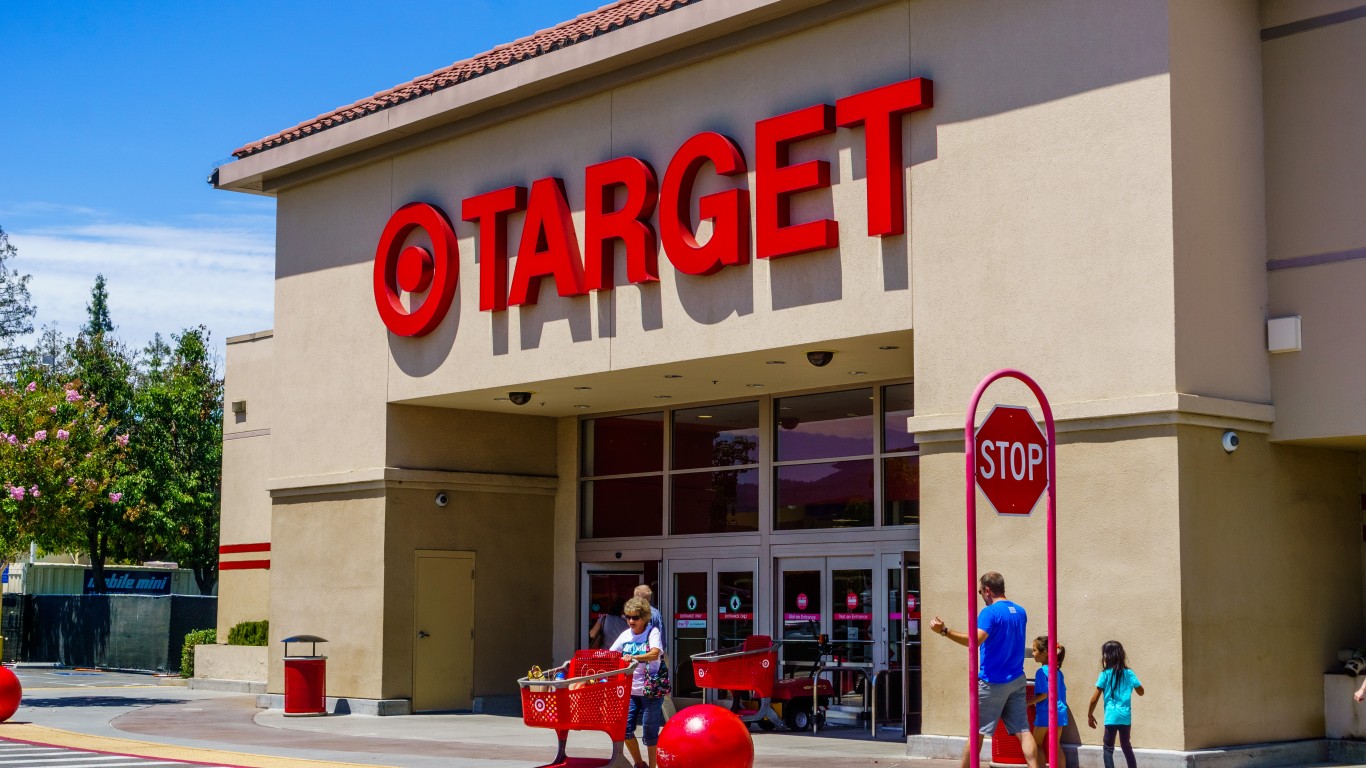
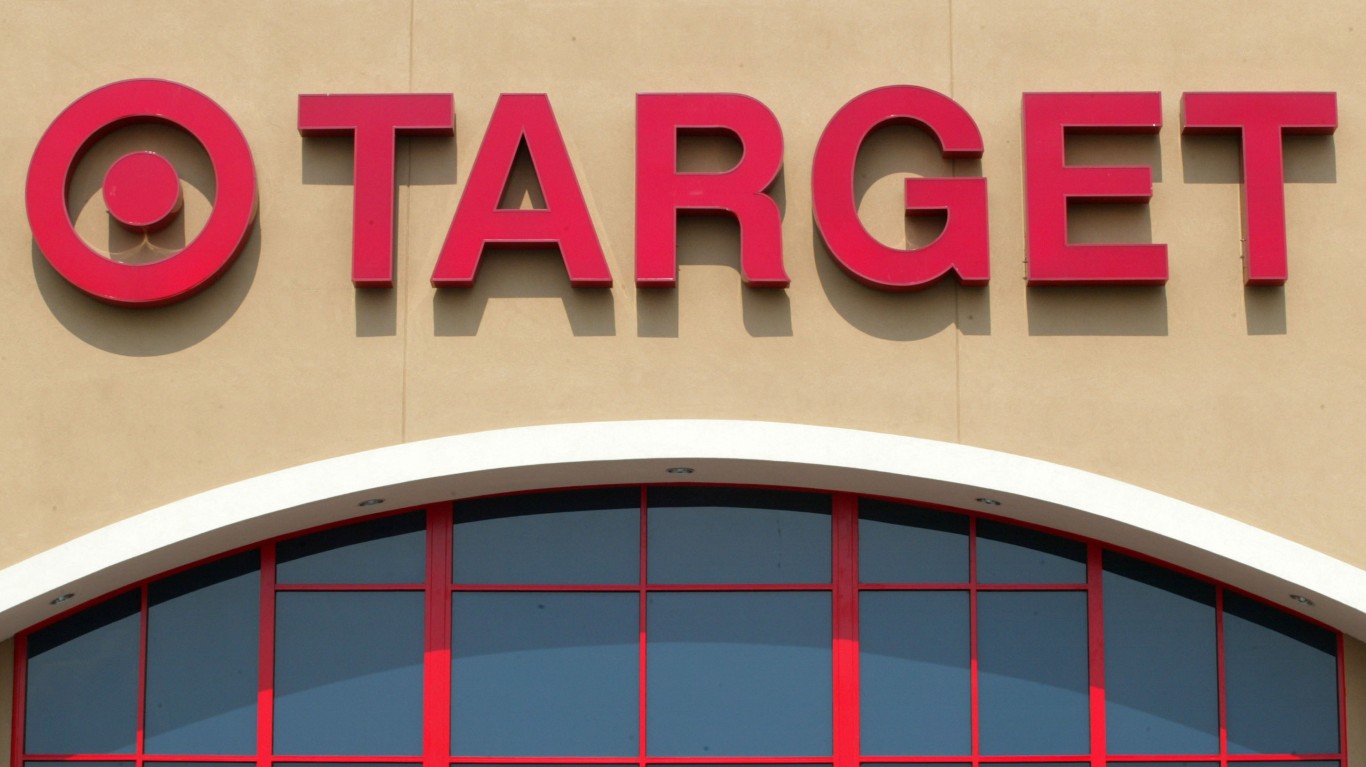
One of the most socially conscious retail brands, Target is well-known for pushing the envelope for its customers. As a result, the company introduced a Pride Month Collection in 2023 that included LGBTQ+-themed clothing and merchandise.
As one can imagine, the feedback from Conservative and parental groups was swift, leading to nationwide boycotts of Target. Initially, Target felt the same pain from the boycott, as overall sales dropped 5% in the quarter following the collection’s launch. It would also move the collection to a more discrete part of the store, but even against declining sales, Target stuck the course.
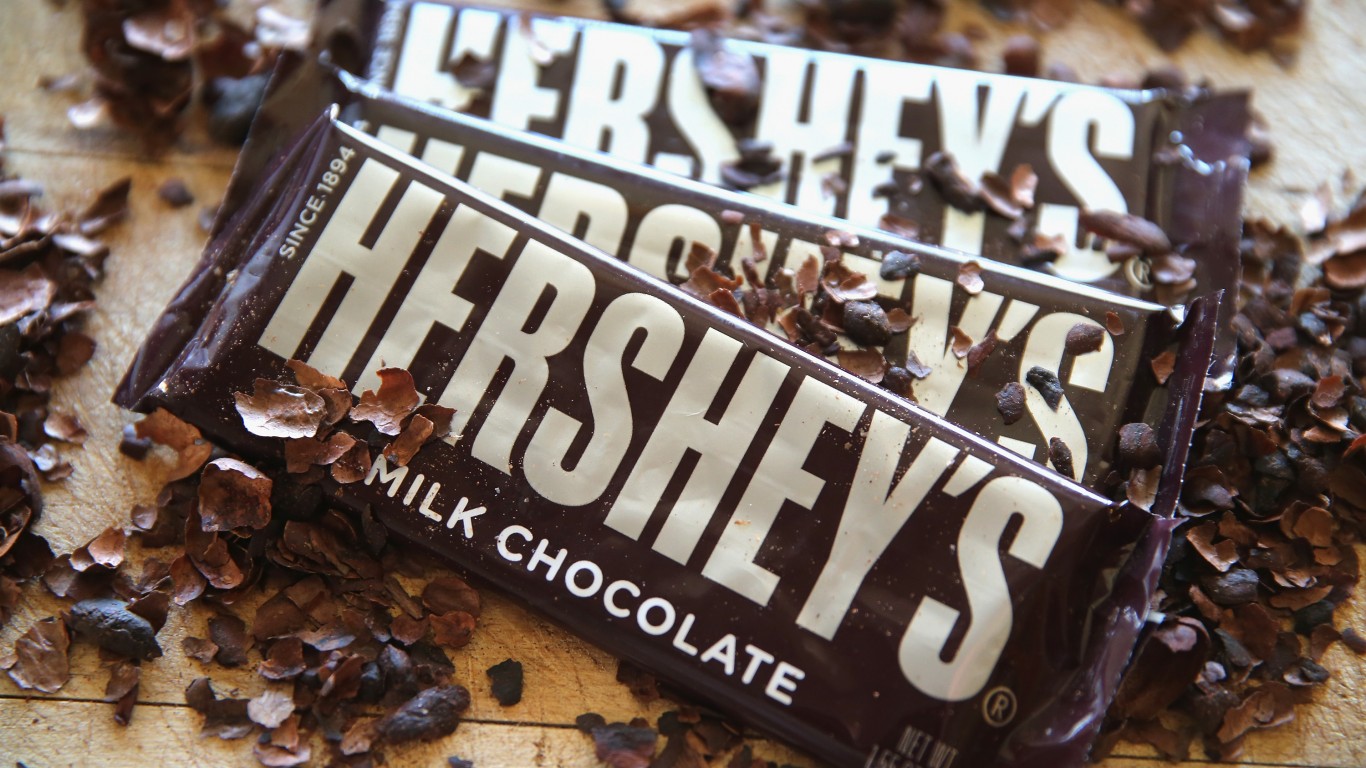
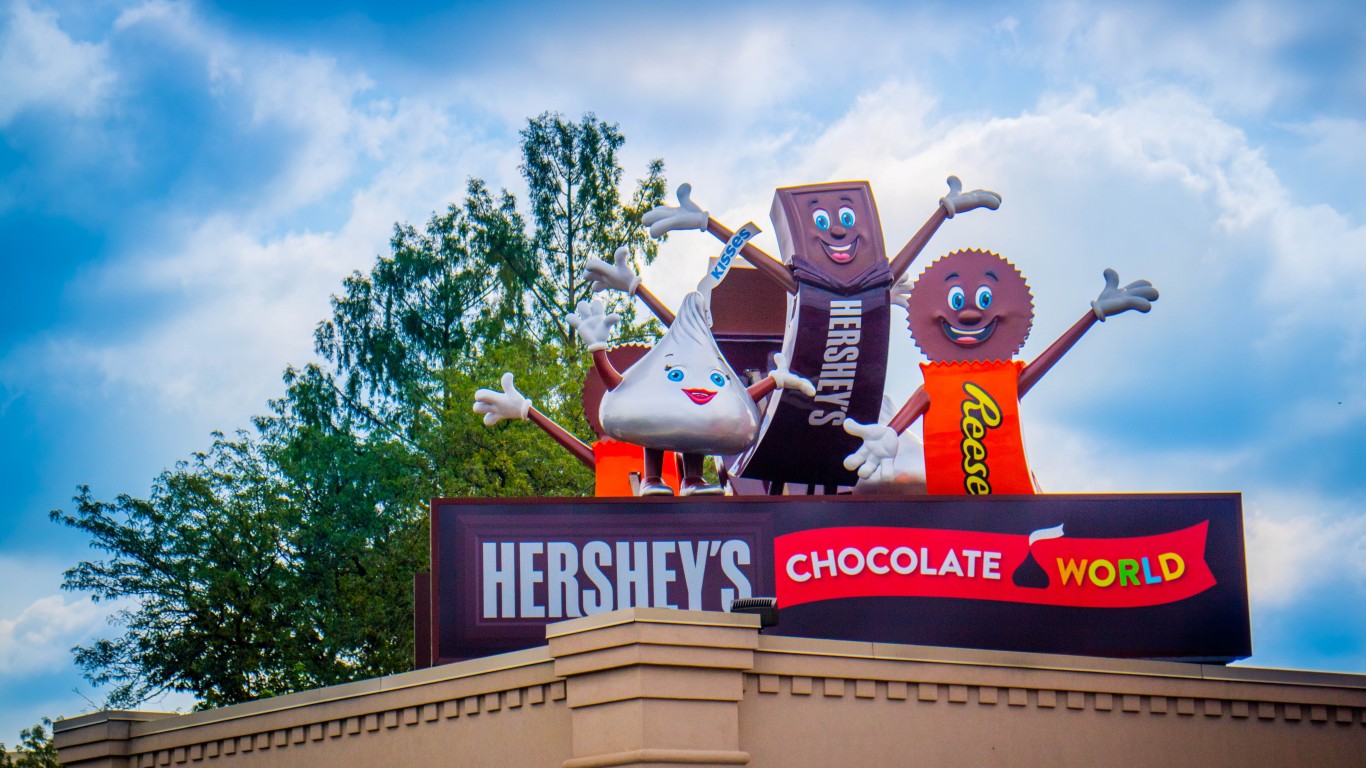
After featuring a transgender woman, Fae Johnstone, in a promotional campaign for International Women’s Day, conservative groups were outraged. Social media influencers, activists, and other groups came together with a call to boycott Hershey’s products. Hershey’s never indicated that the company saw any financial impact from the boycott, but conservative groups still whispered about not buying any of the brand’s products.
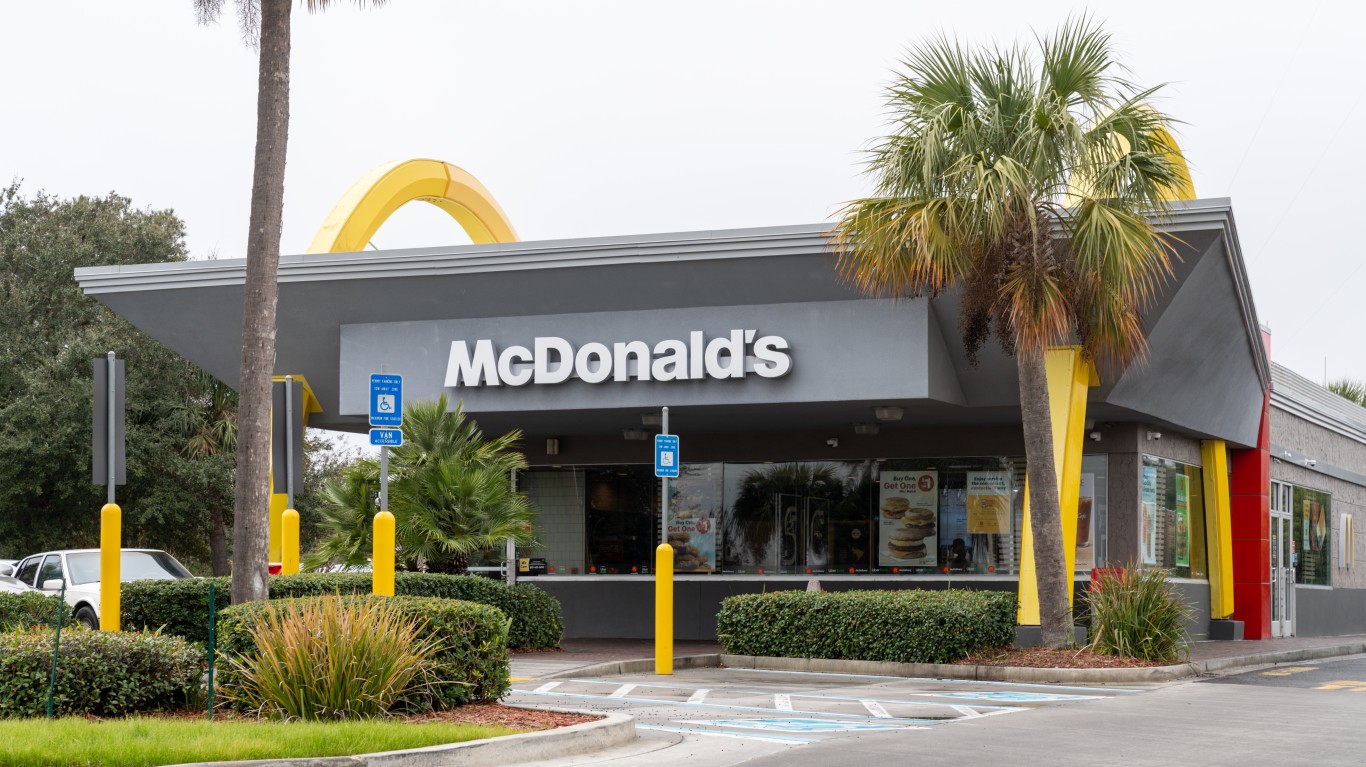
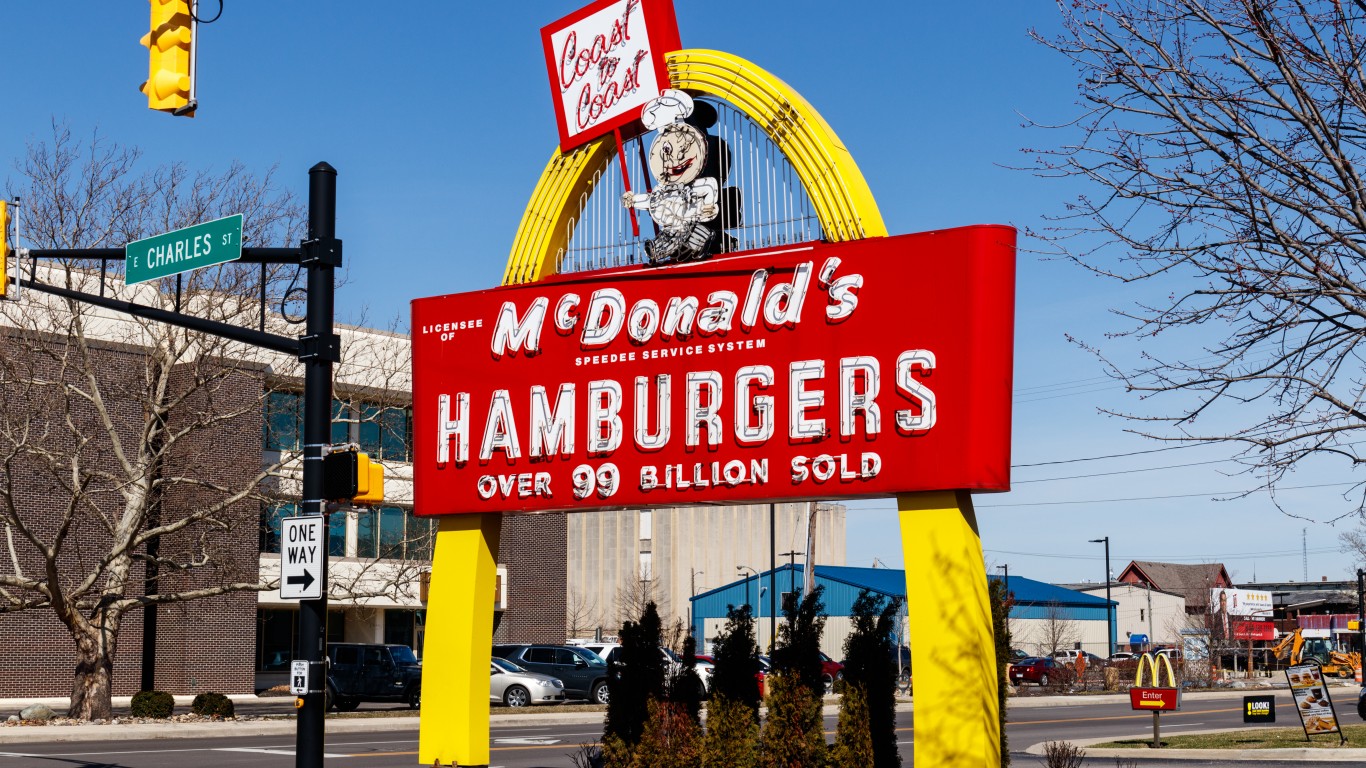
After documentary filmmaker Morgan Spurlock highlighted the adverse effects of eating at McDonald’s, a boycott emerged. Health advocates latched on to Spurlock’s findings in his videos, and consumer groups vowed to skip McDonald’s meals.
While McDonald’s did receive some negative press and a short-term drop in sales, it did not impact the company in the long term. If anything, it had the benefit of allowing McDonald’s to introduce healthier items like salads and fruit, which led to a significant increase in sales.
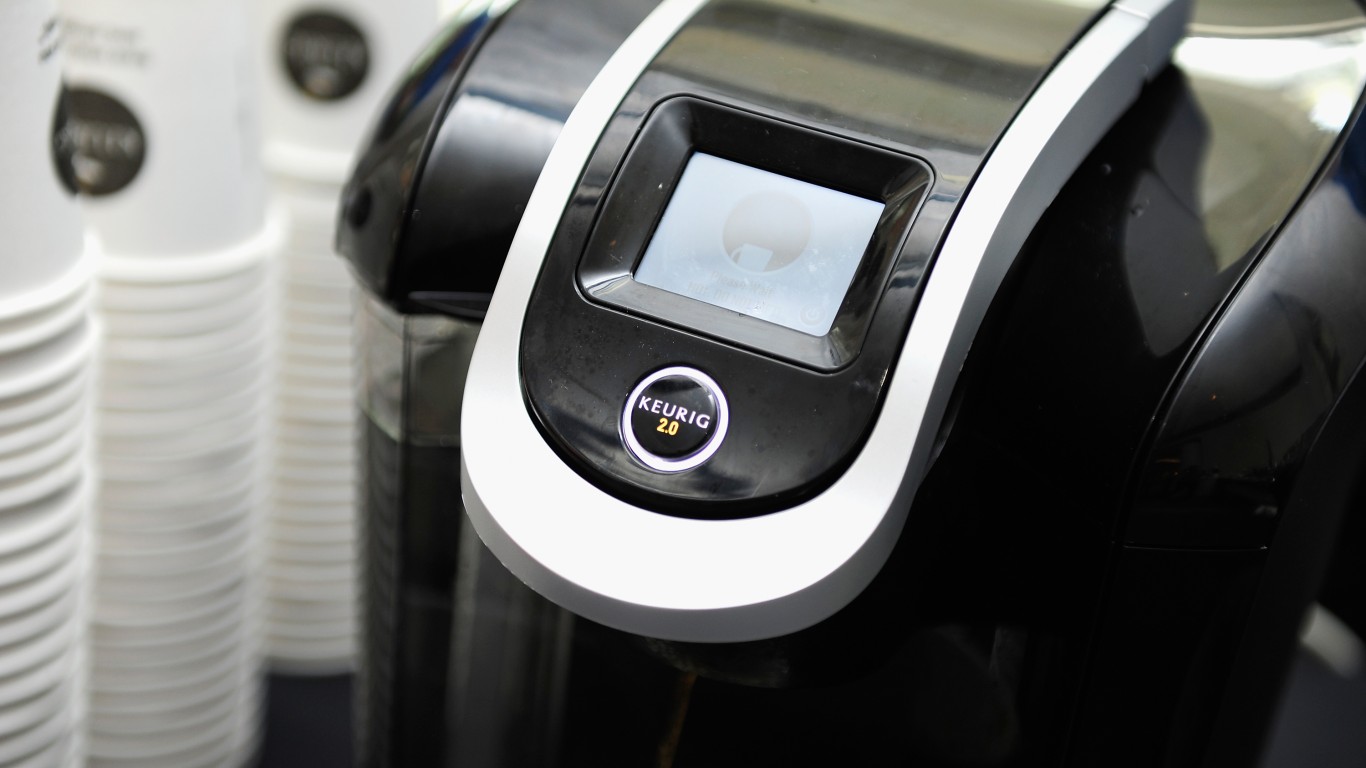
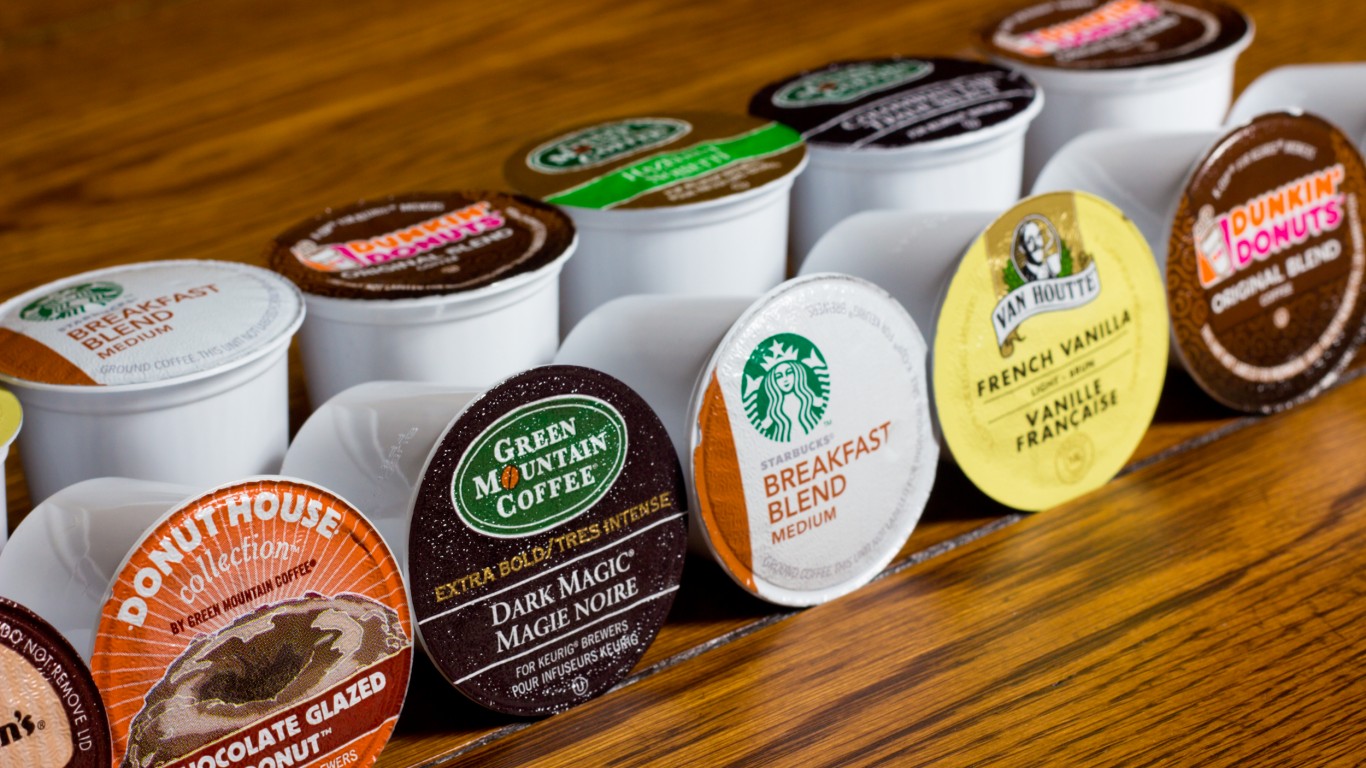
Looking back to 2019, popular coffee maker Keurig pulled its advertisements from the Hannity television show on Fox News. One of the most popular Conservative talking heads, the coffee machine brand faced criticism after running ads on the show after Hannity defended Roy Moore, a Senator accused of sexual misconduct.
Sean Hannity led the boycott, asking viewers and fans nationwide to destroy their Keurig products. Unsurprisingly, videos of Keurig machines being destroyed quickly popped up on social media with the hashtag #BoycottKeurig. While Keurig faced criticism, it didn’t suffer any financial losses.
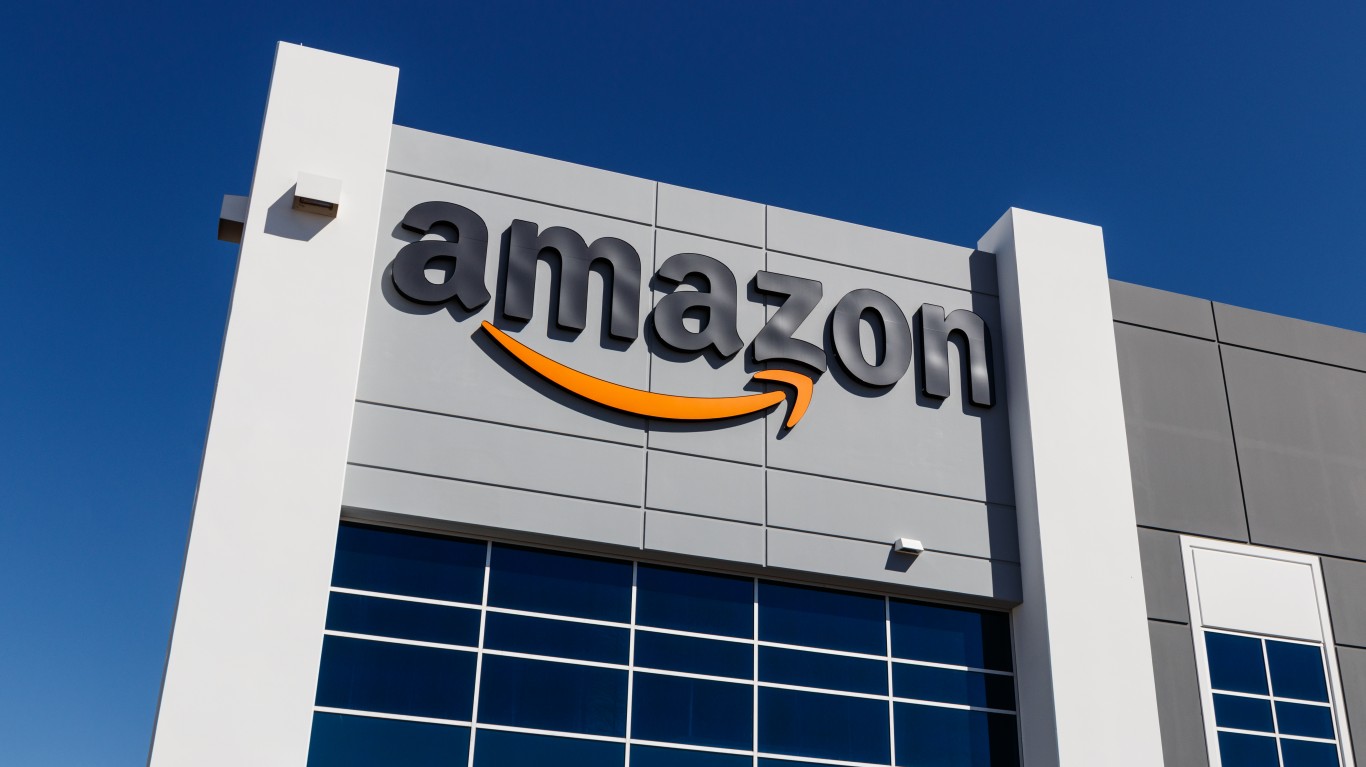
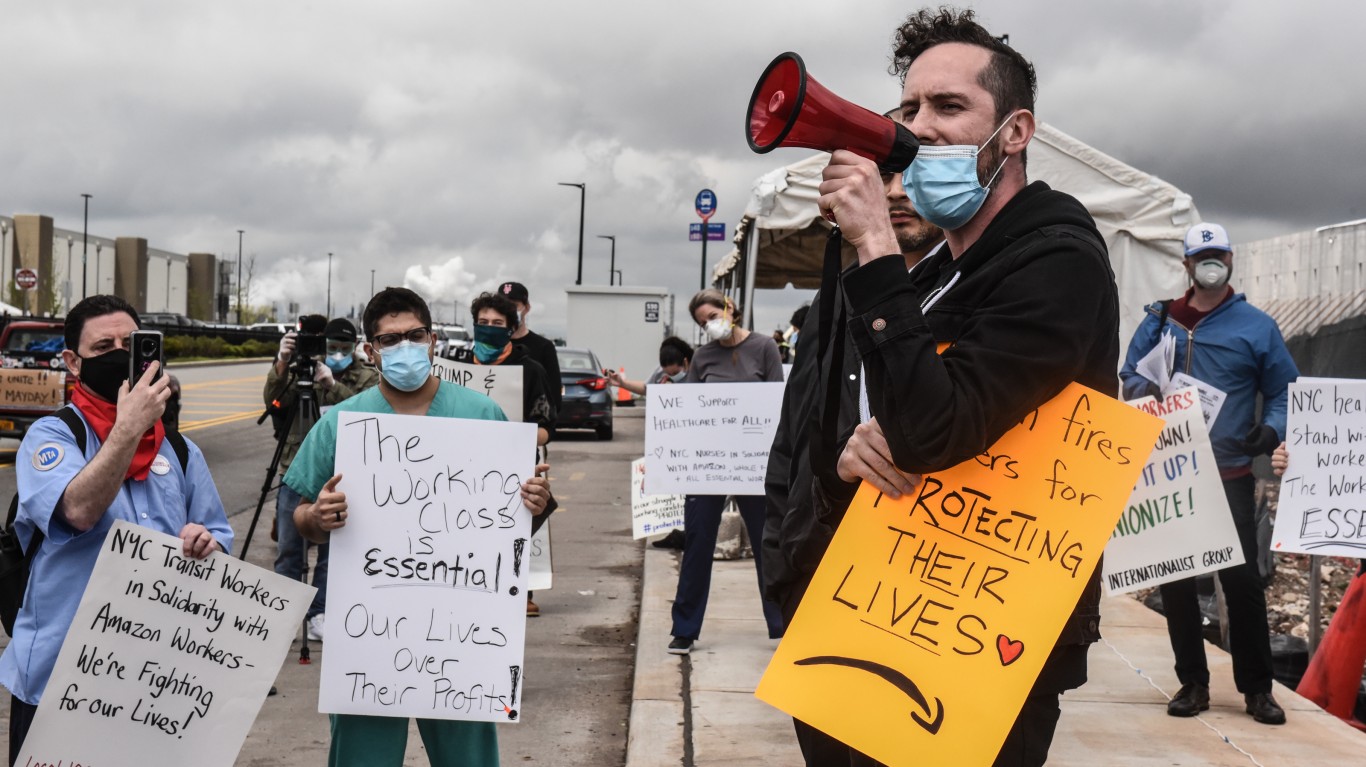
As the COVID pandemic caught all companies off-guard, Amazon was immediately accused of unsafe working conditions during the outbreak. Complaints targeting Amazon’s opposition to unionization led to boycotts across the US and much of the world.
Led by Make the Road New York and Athena Coalition, the campaign had little impact on Amazon’s bottom line. Instead, the company saw sales jump 38% during the pandemic. While the company still faces complaints over its labor practices, it remains one of the largest online brands globally.
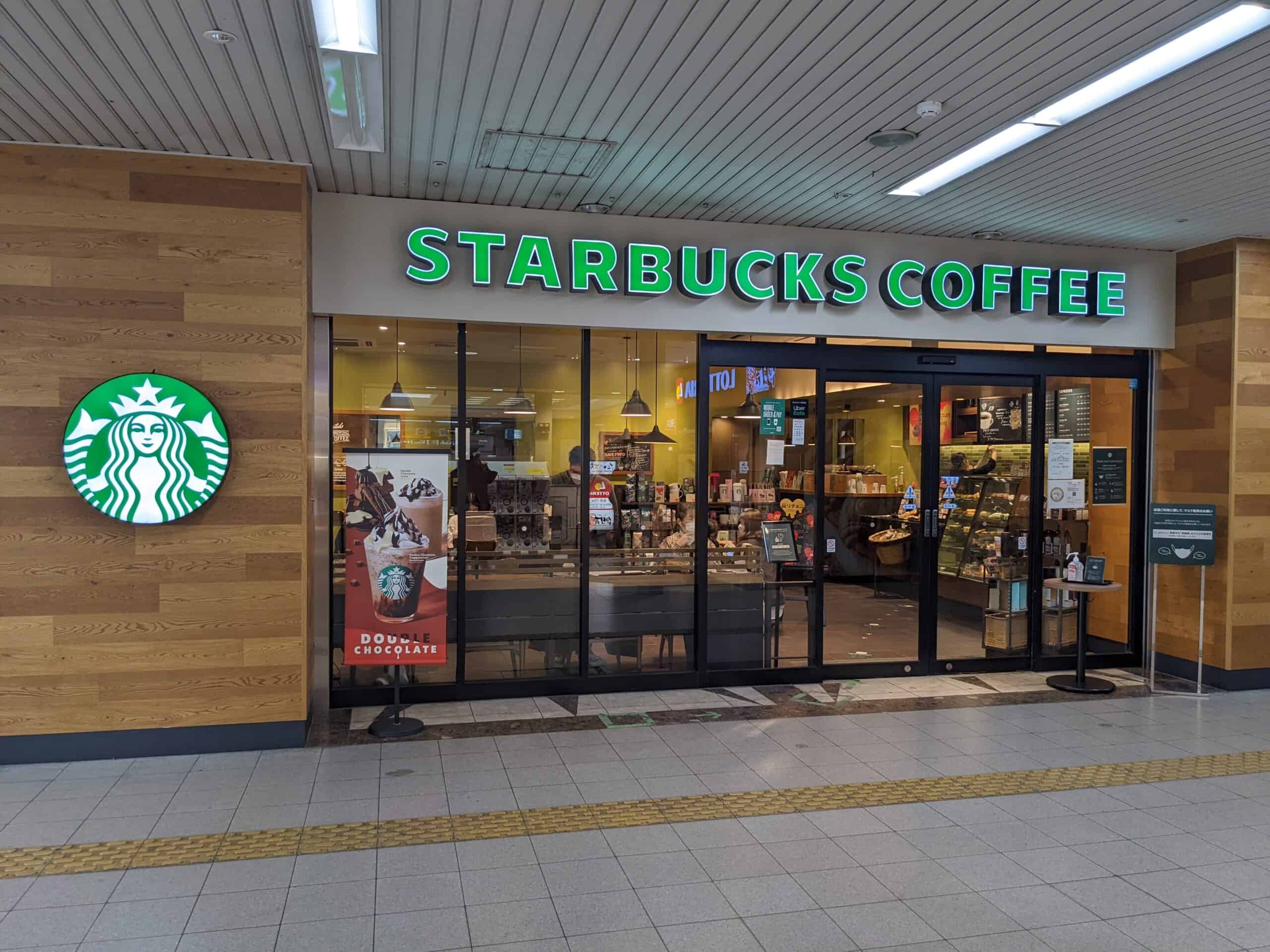
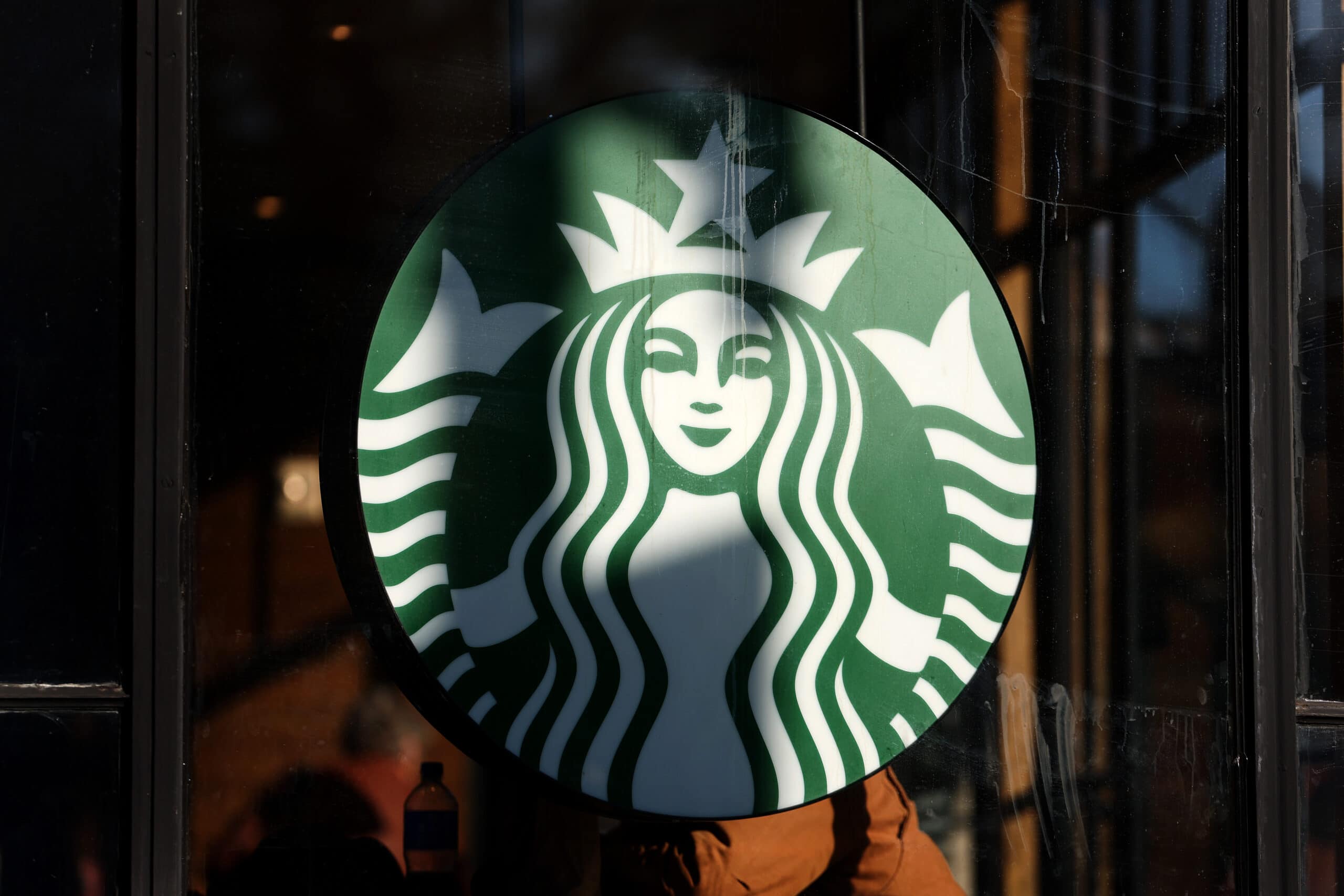
After an incident in Philadelphia where Starbucks employees denied two African-American men the use of a public restroom, it spawned a wave of protest. Piggyback on the Black Lives Matter movement, social justice advocates accused Starbucks of racial profiling.
As a result of the campaign, Starbucks saw a brief sales dip, but lasting financial harm wasn’t an issue. However, the company closed all 8,000 of its stores for a day for racial bias training, which it hoped would improve its reputation after the social media outcry.
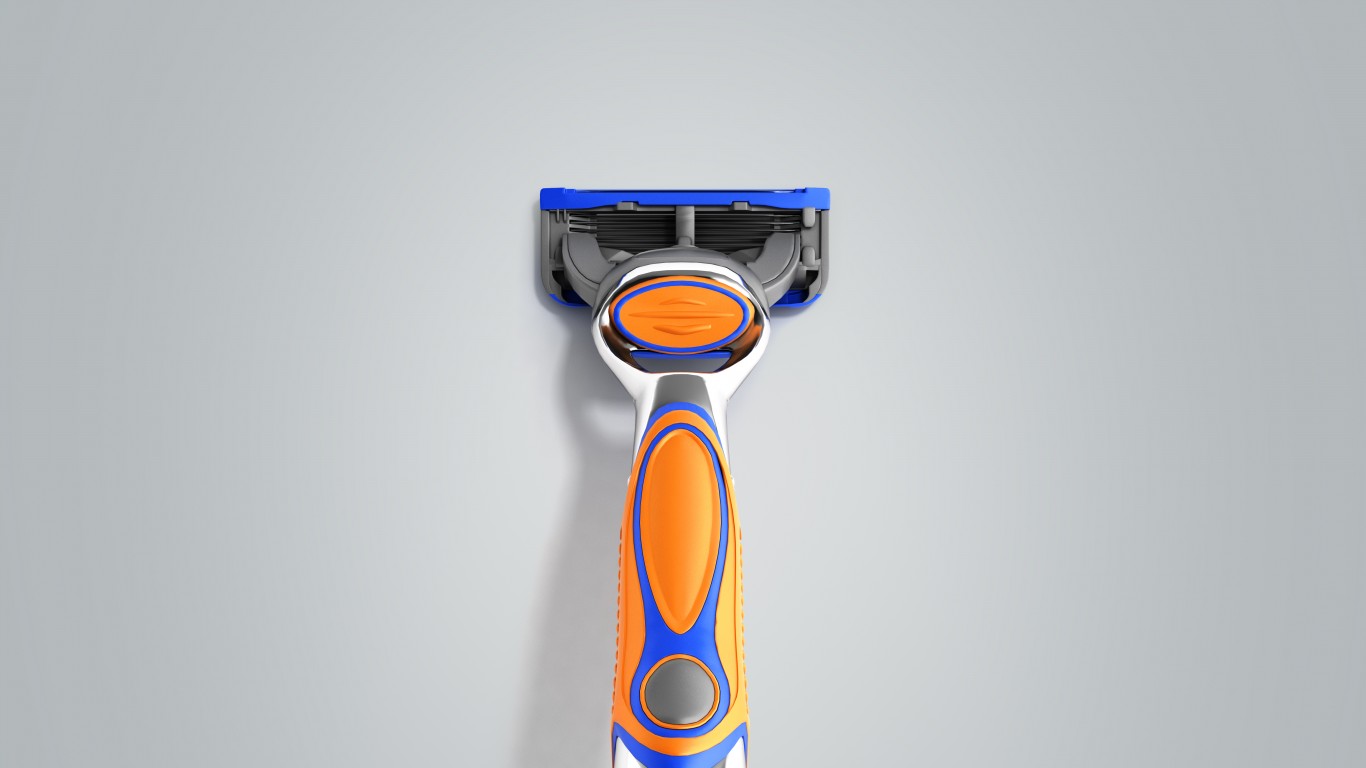
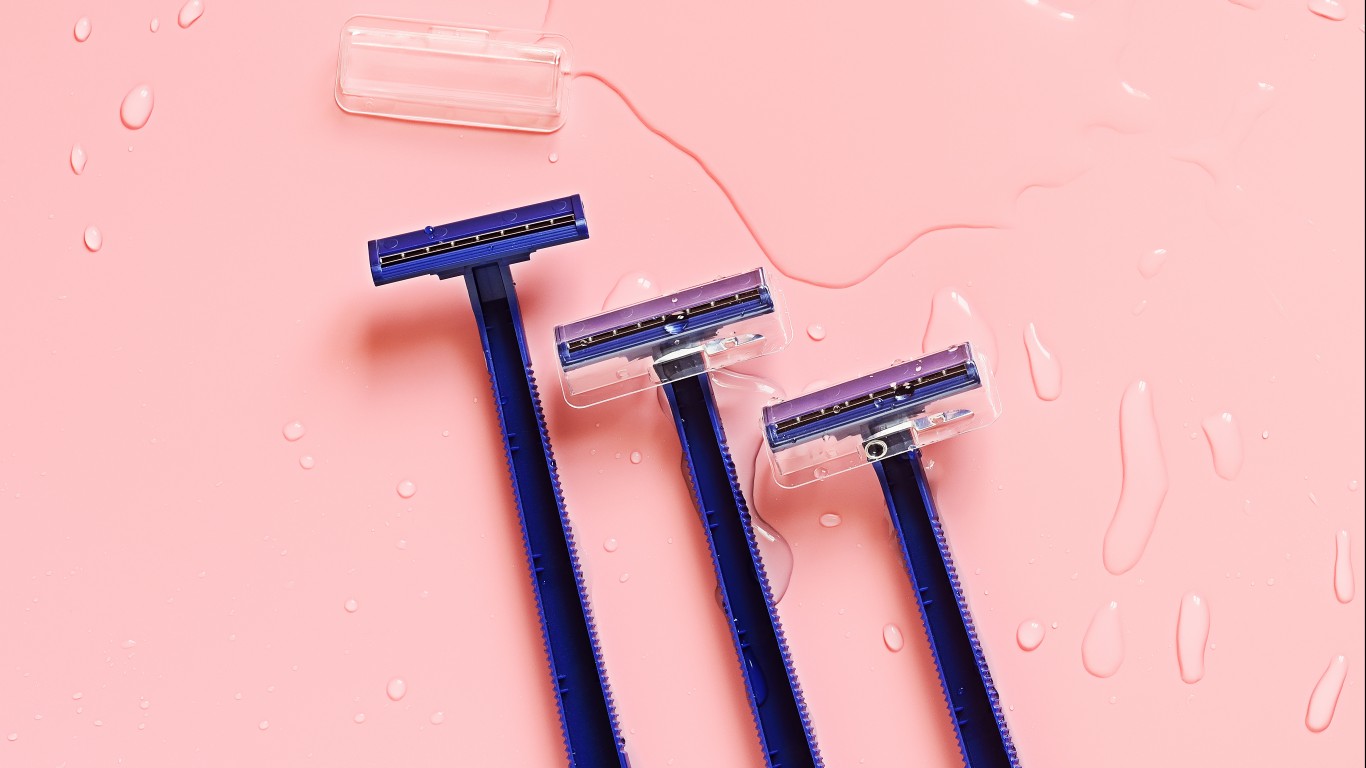
In 2019, Gilette, the Razer Blade company, released an ad campaign that called out toxic male masculinity and asked men to be better role models. Unsurprisingly, men’s rights groups and conservative talking heads were quick to latch onto the campaign and complain.
The campaign immediately received a backlash, resulting in social media posts that destroyed Gilette products. Gilette’s parent company, Procter & Gamble, also faced stock price volatility, which led to a 4% drop in sales for the first few months of the boycott.
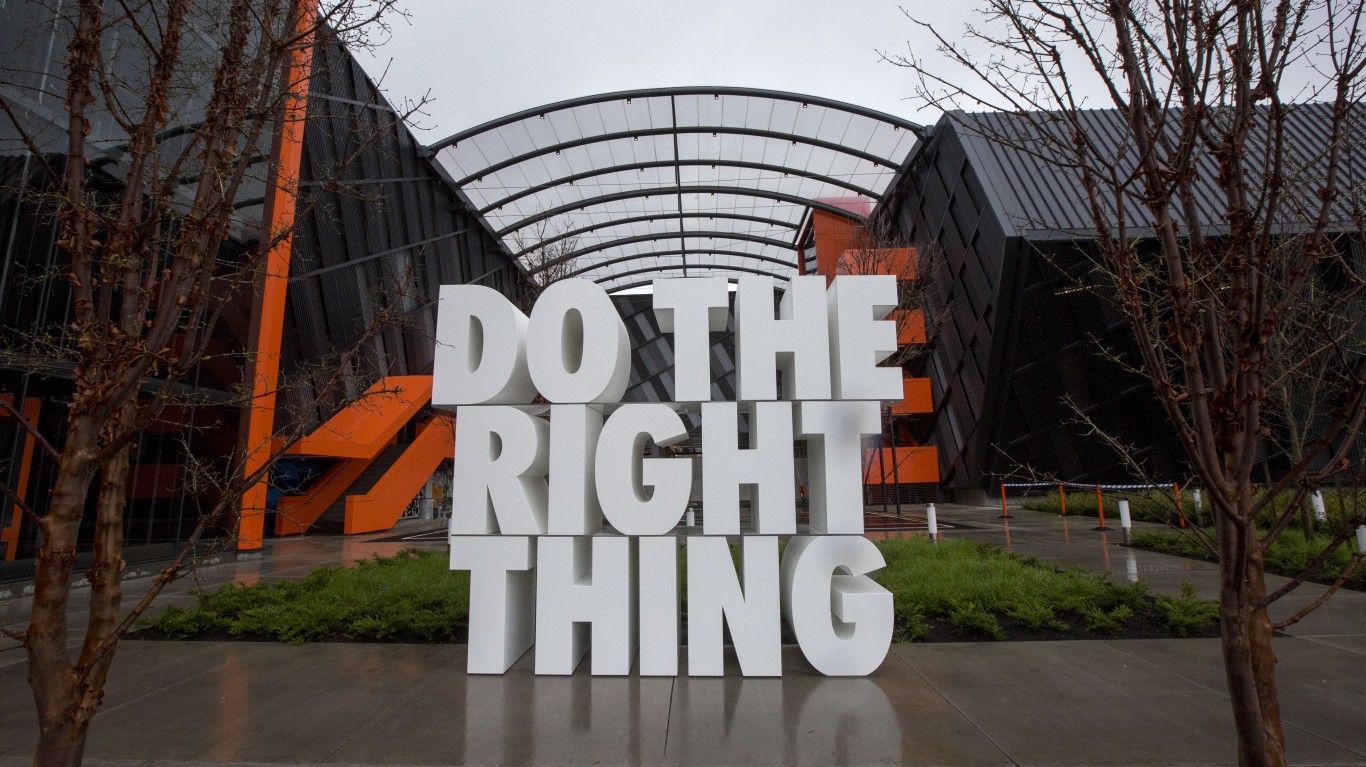
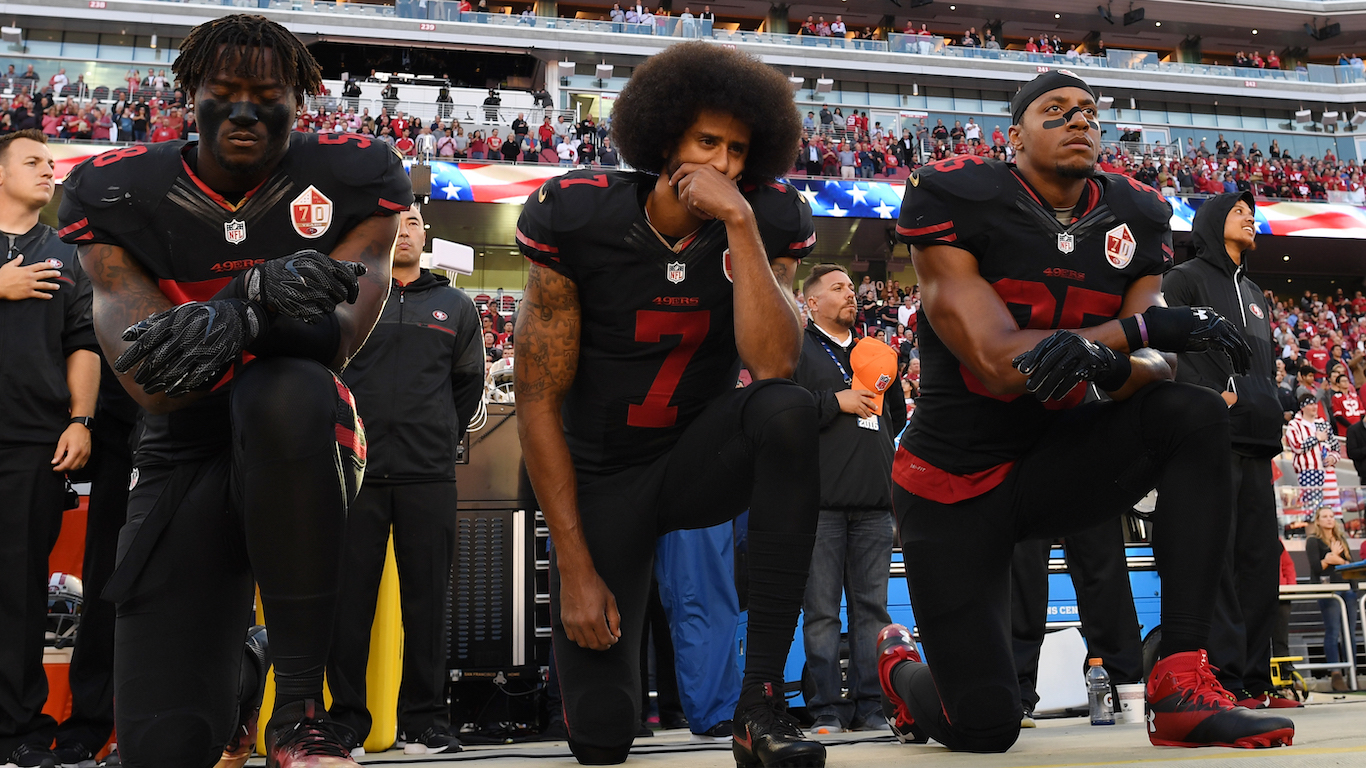
As the first professional athlete to take a knee during the national anthem, NFL quarterback Colin Kaepernick received immediate backlash. Conservative groups and watchdogs quickly punished Kaepernick and his sponsors, including Nike, for his actions.
Opponents of his actions were quick to boycott and even ban Nike merchandise. In reality, Nike saw increased sales, especially with younger, more socially conscious consumers. Nike’s “Just Do It” ad campaign featuring Kaepernick resulted in a 31% increase in online sales.
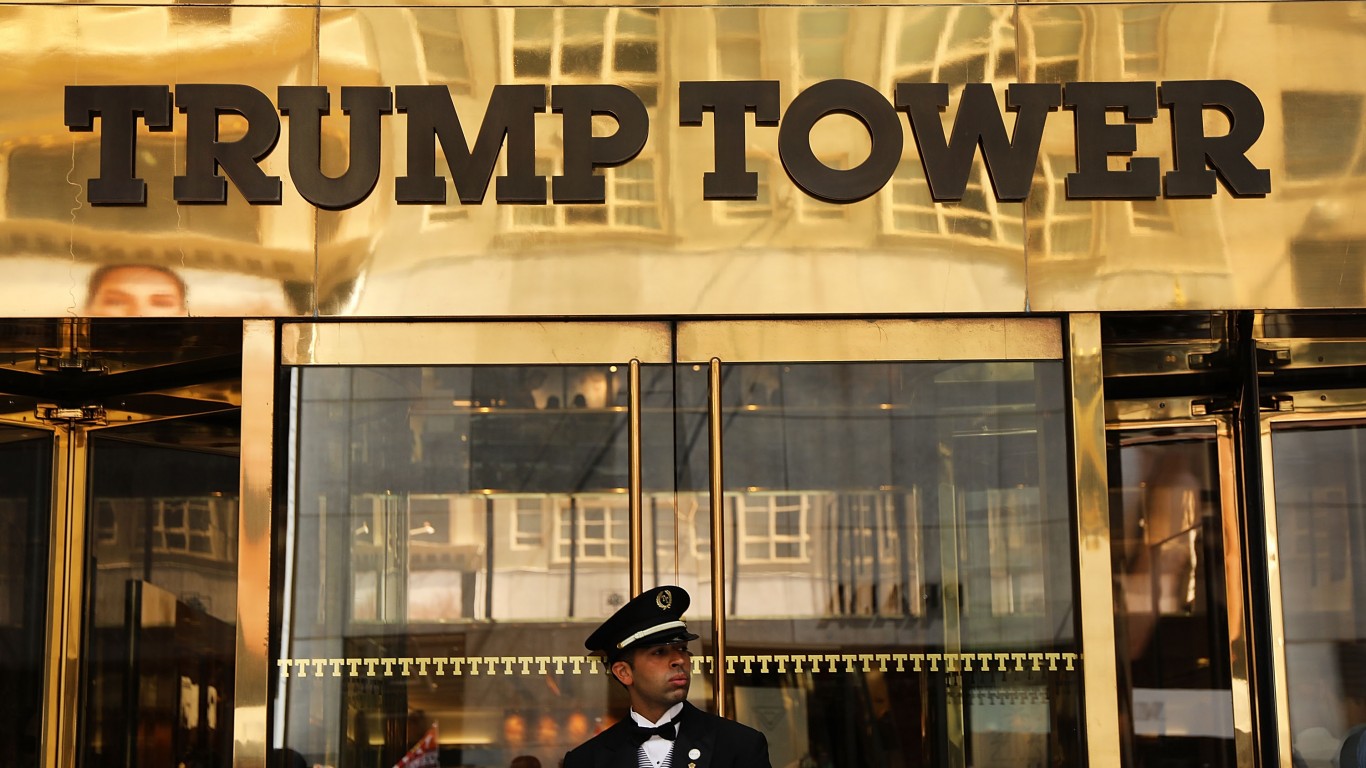
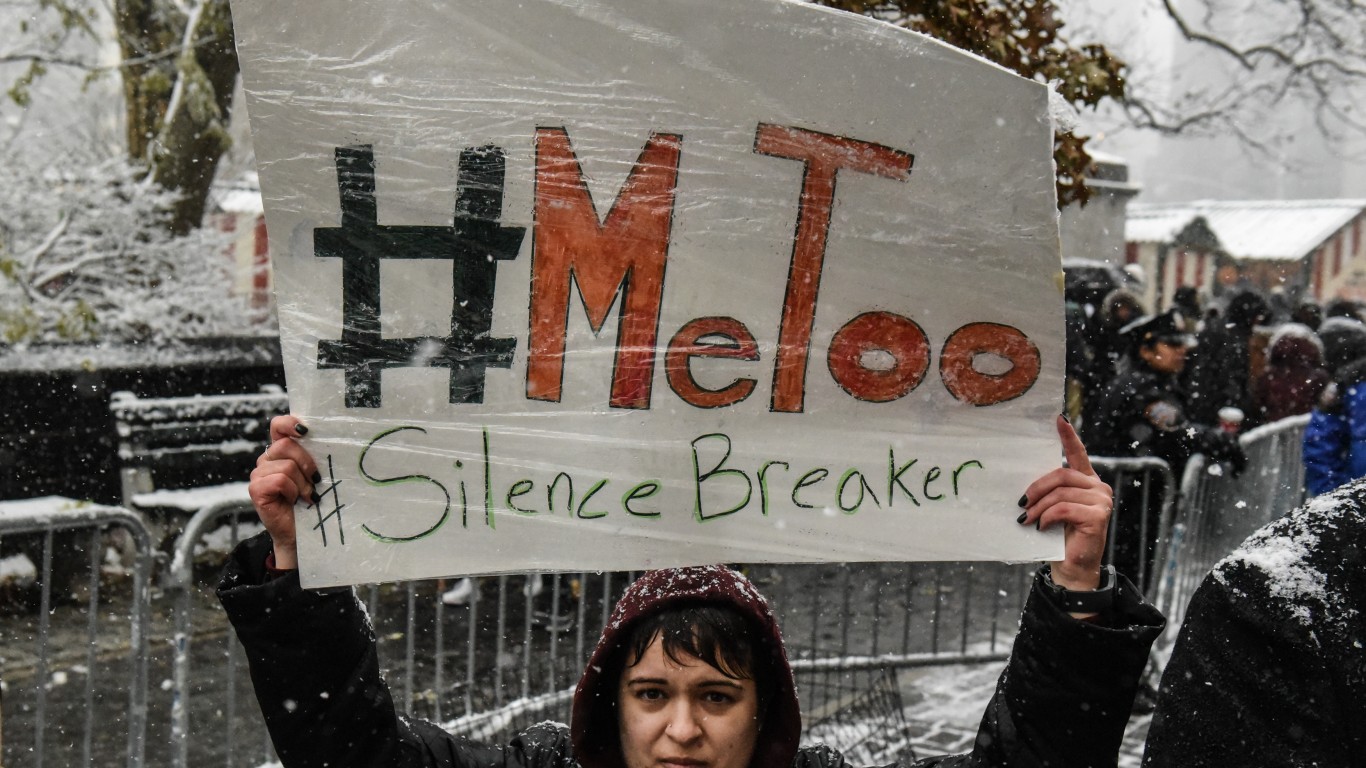
Launched by activists across the United States as a response to an interview Donald Trump did with Billy Bush, then the host of Access Hollywood. Using lewd language, Trump’s language prompted an outcry and a call for a boycott against any companies doing business with his daughter Ivanka’s beauty lines. As a result, Nordstrom ended its relationship with Ivanka, as did Sears, Uber, Belk, Jet.com, Kmart, Marshalls, and more.
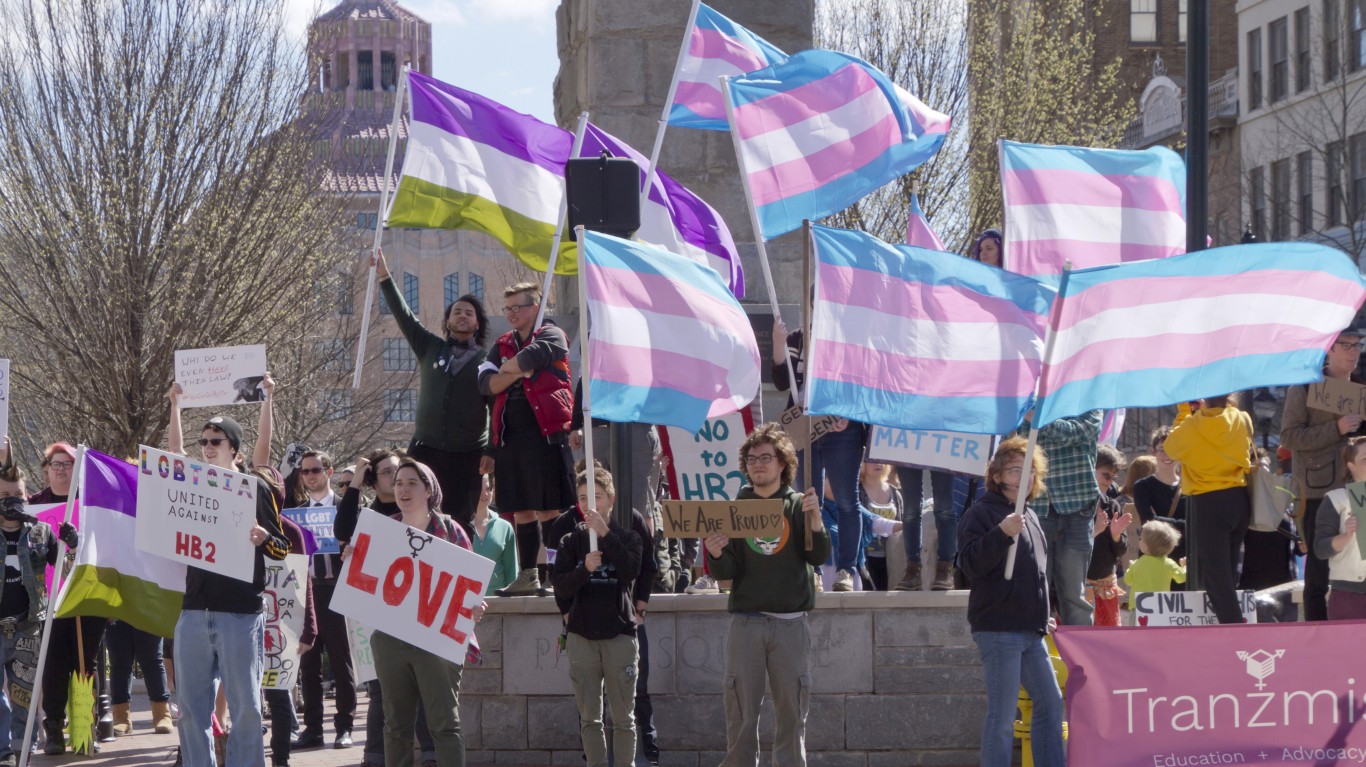
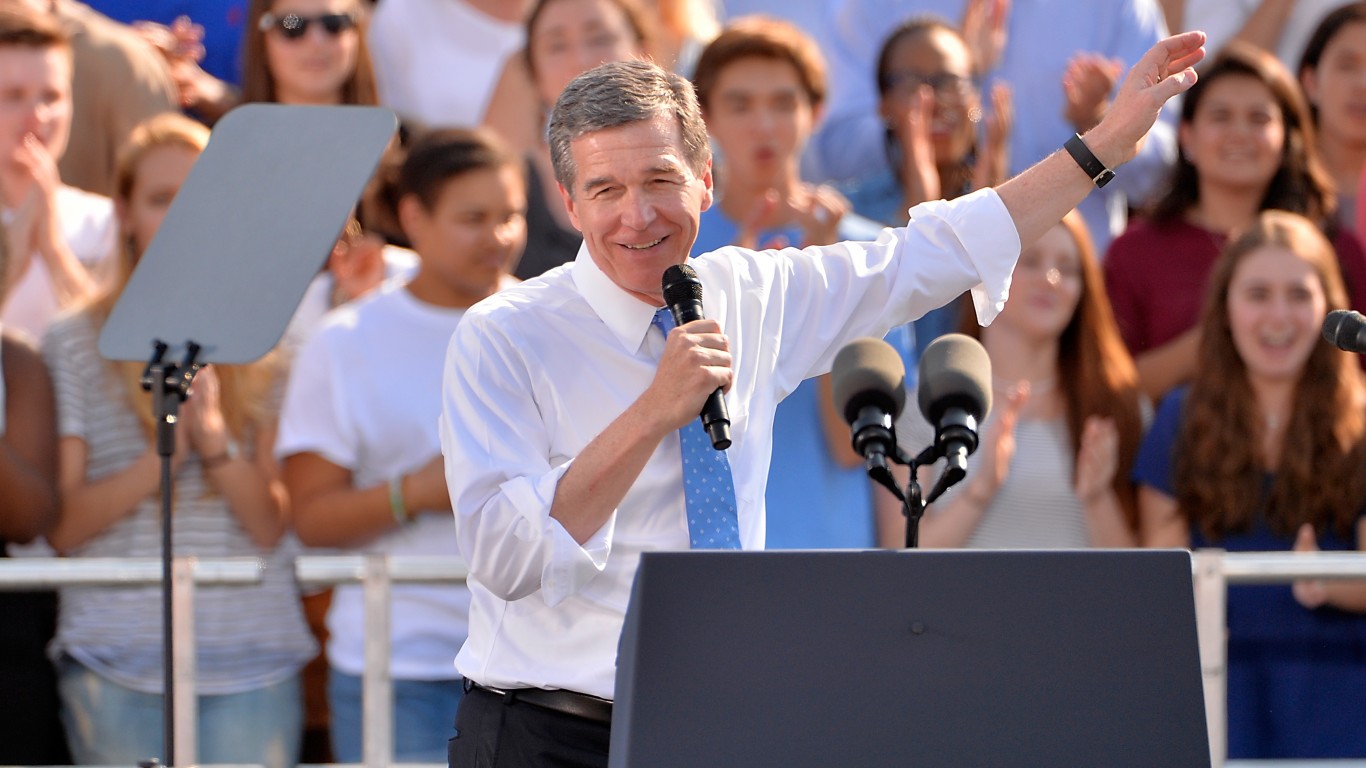
In 2016, North Carolina passed HB2, the Public Facilities Privacy & Security Act. It was immediately met with a firestorm by LBGT communities and led to many different organizations, including the NBA and Lionsgate Films, to cancel events within the state’s border. As a result, the state lost more than $3.8 billion in revenue before repealing the bill in March 2017 by Governor Roy Cooper.
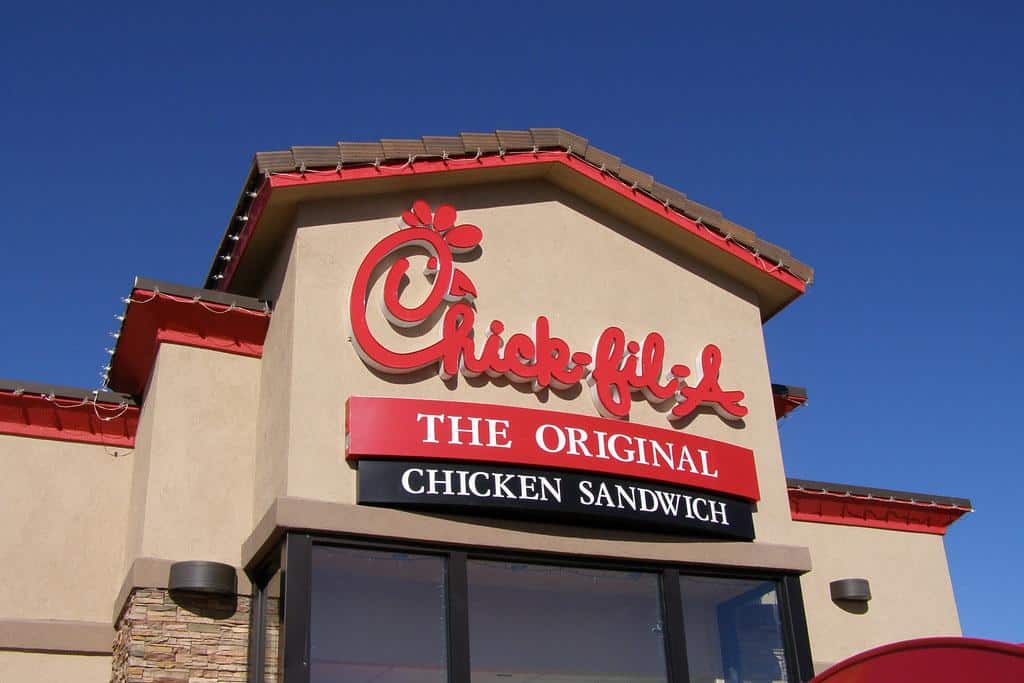
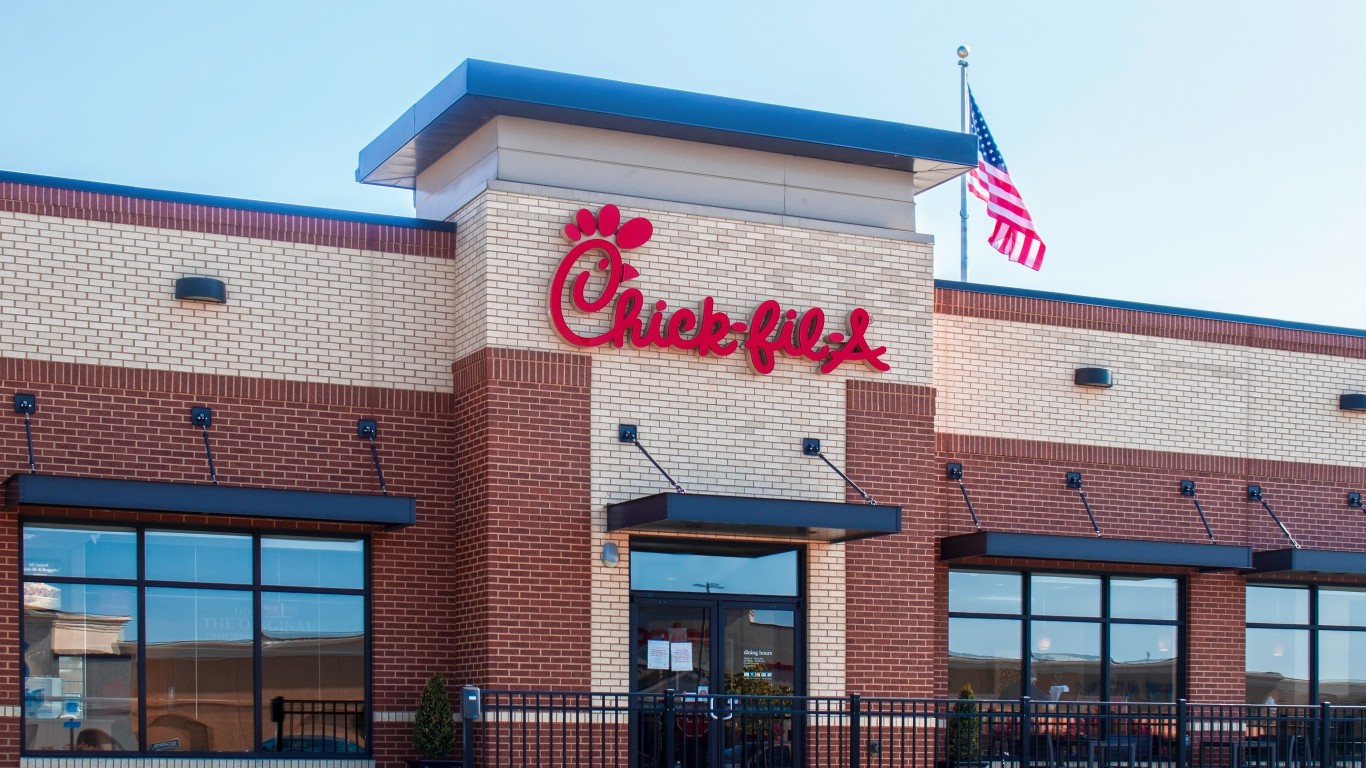
As a fast-food restaurant, Chick-fil-A famously closes every Sunday in adherence to the founder’s wishes. The family that created the franchise is very religious and heavily believes in the “biblical definition of a family unit.” A 2010 donation from the organization to a group known for anti-gay messaging led to multiple boycotts of Chick-fil-A by various organizations. None were successful, and by 2012, sales were up 12 percent.
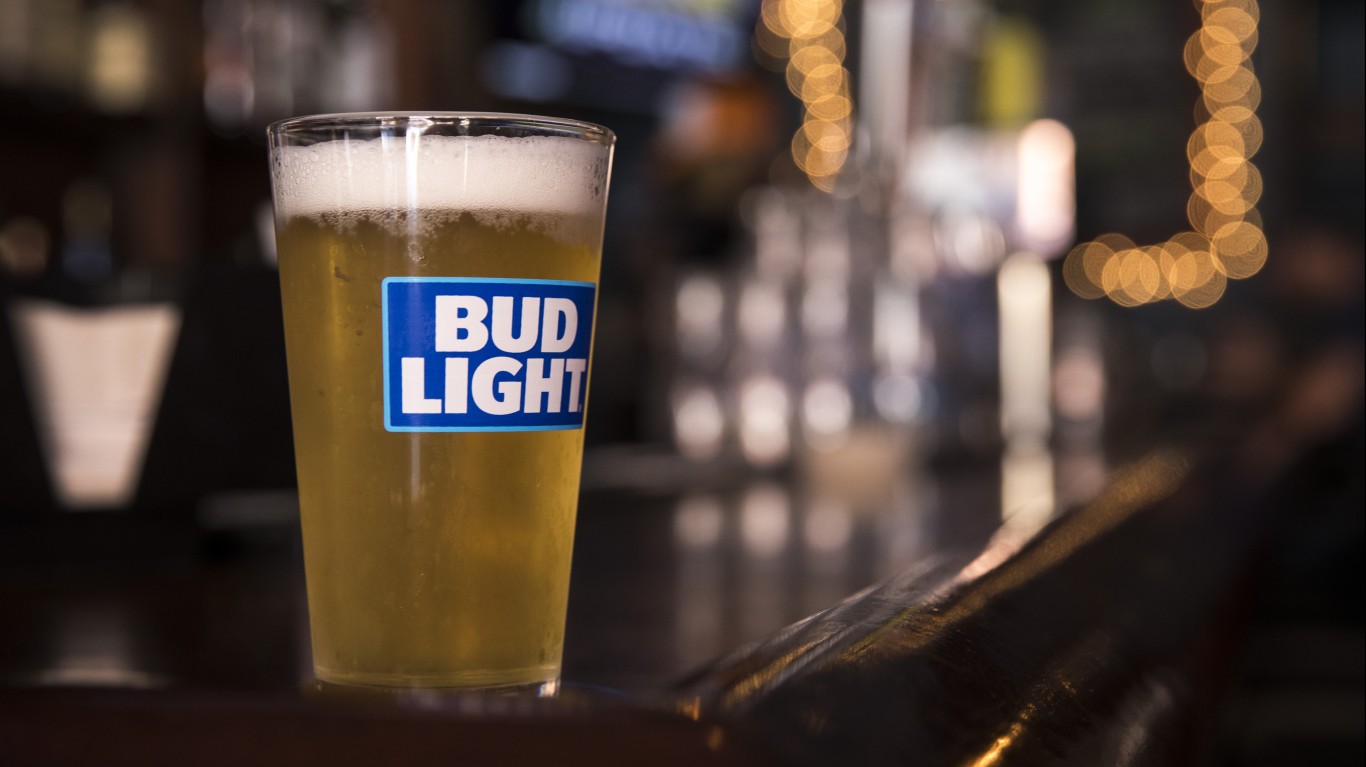
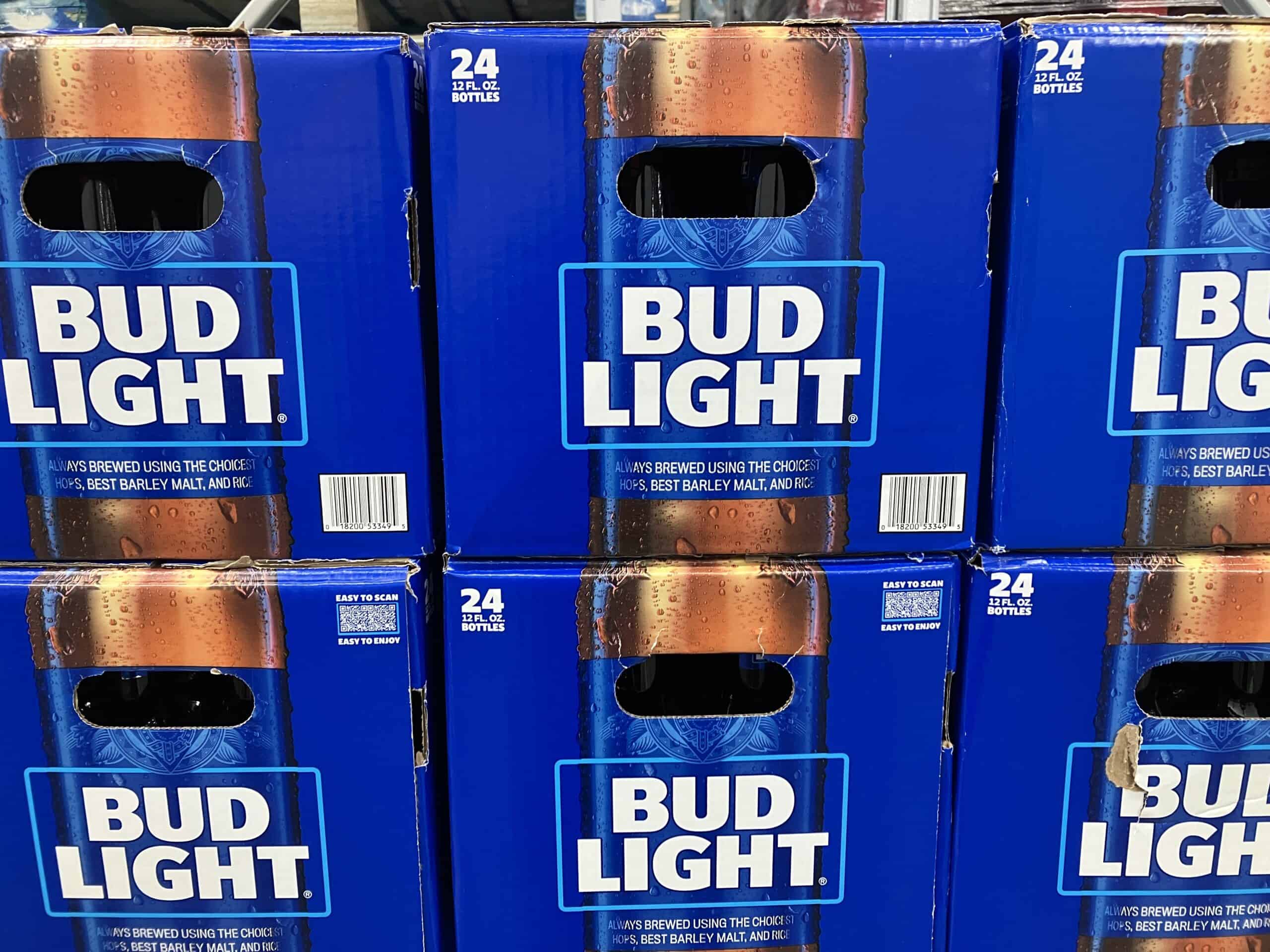
In April 2023, a boycott began against Bud Light, the top-selling beer brand in the United States. This boycott was directed at the brand for an ad campaign featuring transgender personality Dylan Mulvaney.
In response, American conservatives immediately called for a boycott, and it took only one month before Bud Light’s sales fell by as much as 26%. After holding the top spot as the best-selling beer brand in the US for 20 years, Bud Light lost this position in May 2023.
Retirement planning doesn’t have to feel overwhelming. The key is finding expert guidance—and SmartAsset’s simple quiz makes it easier than ever for you to connect with a vetted financial advisor.
Here’s how it works:
Why wait? Start building the retirement you’ve always dreamed of. Click here to get started today!
Thank you for reading! Have some feedback for us?
Contact the 24/7 Wall St. editorial team.